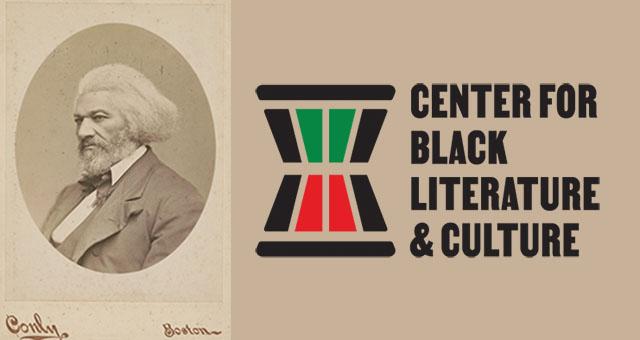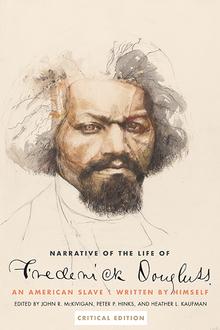
Hoosiers Reading Frederick Douglass Together
The Massachusetts Foundation for the Humanities started the program Reading Frederick Douglass Together to encourage groups to read and discuss Frederick Douglass’s “What to the Slave is the Fourth of July?” and explore freedom in America.
Douglass first gave the speech on July 5, 1852 at an event commemorating the signing of the Declaration of Independence. Abraham Lincoln delivered this speech well before the Emancipation Proclamation in 1863 and the 13th Amendment in 1865, which freed enslaved people. His words in The Meaning of July 4th for the Negro continue to resonate with Black citizens after more than 150 years, highlighting that not all were free at the time. The speech says in part,
“This Fourth of July is yours, not mine. You may rejoice, I must mourn.” And he asked them, “Do you mean, citizens, to mock me, by asking me to speak to-day?”
Resources
If you are unable to attend a reading, you can read the text online. There is a page of helpful resources. Watch this short video of five descendants of Frederick Douglass reading excerpts from his famous speech, which calls on people to reflect on America’s long history of denying equal rights to Black Americans.
Frederick Douglass, born into slavery in 1818, grew up to become a human rights activist, gifted speaker, and author. He also started a newspaper, served as a U.S. Marshal, and became the first African American to receive a vote for President at a major party’s convention during the 1888 Republican National Convention. (Benjamin Harrison, from Indianapolis, went on to win the presidency in 1889.) He lectured on civil rights and abolition and also supported Elizabeth Cady Stanton, Sojourner Truth, and Susan B. Anthony in their fight for women’s suffrage. He published his first autobiography, Narrative of the Life of Frederick Douglass, an American Slave, in 1845. It it the first hand account of his childhood as a slave.
More Reading:
- National Museum of African American History & Culture: Our American Story – Frederick Douglass
- National Underground Railroad Freedom Center: Frederick Douglass
- IUPUI: The Frederick Douglass Papers
This collection at IUPUI in Indianapolis edits and publishes the speeches, letters, autobiographies, and other writings of Frederick Douglass. Their website helps both beginners and those seeking to explore thousands of documents from Frederick Douglass’s lifetime. - Library of Congress: Frederick Douglass Papers
This is another collection of Douglass documents. It includes a diary about a trip he took to Europe and many other writings about racial prejudice, civil rights, and prison reform. - Smithsonian Article June 30, 2020: What Frederick Douglass Had to Say About Monuments
- The Frederick Douglass Book Prize is an annual award given to the most outstanding non-fiction book on the subject of slavery, resistance, and abolition. The 2025 winner has not been announced yet but here are some recent winners:
2024: Awakening the Ashes: An Intellectual History of the Haitian Revolution by Marlene L. Daut and Encyclopédie noire: The Making of Moreau de Saint-Méry’s Intellectual World by Sara E. Johnson
2023: Happy Dreams of Liberty: An American Family in Slavery and Freedom by R. Isabela Morales and Freedom Seekers: Escaping from Slavery in Restoration London by Simon P. Newman
2022: All That She Carried: The Journey of Ashley’s Sack, a Black Family Keepsake by Tiya Miles and Reckoning with Slavery: Gender, Kinship, and Capitalism in the Early Black Atlantic by Jennifer L. Morgan
Visit the Center for Black Literature & Culture (CBLC) at Central Library to find and check out books that affirm and celebrate the Black experience.
The CBLC includes a section just for kids including both fiction and non-fiction, featuring Black characters or historical and contemporary people that highlight the Black experience, history, or biography.

The Central Authors Engraving Project – Frederick Douglass
Frederick Douglass (1817-1895) was an extraordinary leader and abolitionist who escaped slavery to become one of the greatest orators in modern history and was instrumental in the emancipation of slaves in the United States. Check out the items on the following list by or about Dougalss to learn more about this great man.
